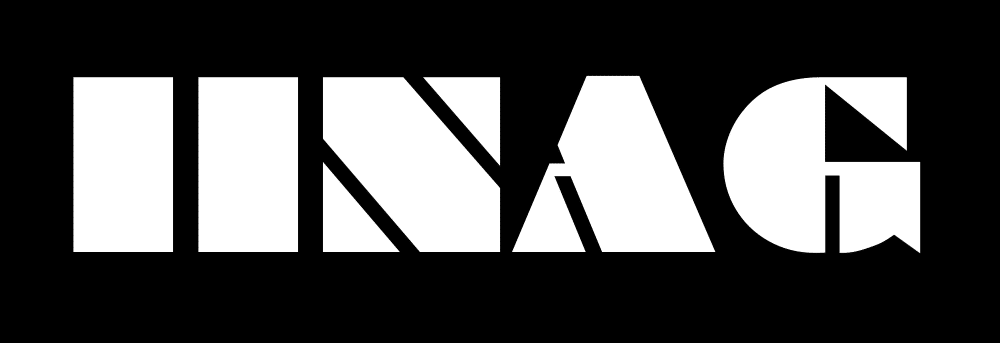Richard Dawson is a veteran singer-songwriter whose stance on folk music ranges from medieval to psychedelic. An olde English heart grapples with themes of degeneration and apocalypse through much of Dawson’s discography, including the modern social ruin detailed through most recent solo project ‘2020’. His freak folk does not relate to fantasy, but reshaped real life.
Circle is a multi-faceted rock band from Finland, the career of which is rather unsung considering popular appraisal of anything that shifts shape. Fronted by Jussi Lehtisalo, the band has adapted to new territory with each album; the dense Krautrock of ‘Prospekt’, the spaced-out heavy psych of ‘Terminal’.
Allowing for range is one thing Dawson and Circle have in common, what one would presume an anomaly on surface. A palpable love of the avant-garde is shared, purely for the limitlessness that goes with. ‘Henki’ is their seemingly unlikely collaborative album, one that allows two wilful mindsets to merge, achieving a freely-formed bundle of progressive rock, folk, heavy psych, and some artsy larking, all photosynthesised through a botanical narrative.
Many of the compositions of ‘Henki’ emerge from a clear headspace; a state of congenial truce that patiently awaits a disruptive turmoil to ruin any quietude. Knowing that their songs will soon bear multiple fire-breathing heads, Dawson and Circle begin their collective journey huddled together in a challenged calm, like a musical bomb shelter.
They then defend and subsequently assert; excellent musicianship may be evident, but the collaboration’s sharpest weapon is Richard Dawson’s voice; a classic baritone that can contort into an extreme countertenor at the click of a finger, more castrato than falsetto, like Mickey Mouse’s melodist progeniture.
It may murmur with death through the lengthy intro of ‘Methuselah’, like Bowie on ‘Black Star’, but is more likely to startle with a bird of prey’s high squawk. It is applied too harshly on ‘Silene’; Dawson’s endorsement of helium isn’t for everyone anyway, but hardly for anyone on the album’s weakest cut, also murky and unappetising, a directionless cousin to its uber-progressive counterparts.
But Dawson joins himself at the hip of Circle’s expansive alternative rock, manifesting fierce “aaahhhh” backups on ‘Lily’, resembling the B-52s’ tendency to bustle out of control, now in a folksier clime, with manic vocal upheavals and a ‘keep ‘em guessing’ take on rock music.
The chorus section of ‘Ivy’ is built-up with sudden string-laden density. Its MVP – other than the beautifully picturesque opening line; “when I used to live here as a poacher of men, the ivy made a moustache round the door” – is, you guessed it, Dawson’s stark, falsetto cry, that sees him fit the sorrows of several villagers into one noise.
His relationship with Circle’s music appears tight but detached over the post-punk style of ‘Silphium’. The voice whirls away from the body as if it has a mind of its own; it shouldn’t work but it does. The twelve-minute epic features Dawson’s brightest achievements as a melodist, rural and harmonically-piercing, letting abandonment swarm in to grant rest, before the song picks back up and hits paramount-like crescendos, all resembling Cloud Nothings’ ‘Wasted Days’, minus the screaming.
Dawson’s baritone is often clutched, appearing minstrel-like on opening track ‘Cooksonia’. Thematically and melodically, it’s a holy grail, as Dawson sings “yah-ho” like the only of seven dwarfs that wasn’t given the lyric sheet, since turning evil and aiding the queen in her bidding against Snow White.
‘Pitcher’ attacks like The Who, potentially ‘Quadrophenia’-era. The warm, English roar of Roger Daltrey, the fill-heavy drum battlements of Keith Moon; less memorable than the compositions that exhibit such melody-stretching, but perhaps the shining example of Dawson and Circle’s clear chemistry.
The natural rapport of Richard Dawson and Circle is not only evident, but what will earn ‘Henki’ a spot on most end-of-year lists. The two acts converge to denounce any contrast between their discographies; ‘Henki’ travels beyond avant-garde, forming symmetry, producing manic art from agreeability. No subgenre prefaced by ‘post’ will ever describe this weird, new world.
